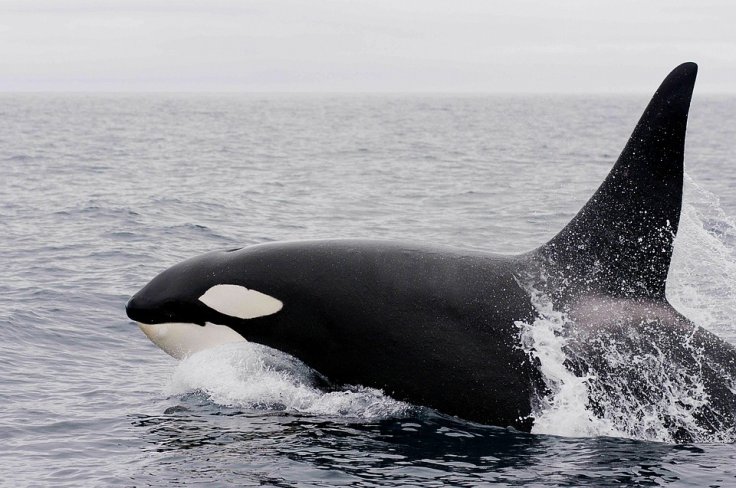
Polychlorinated biphenyls (PCB) are a group of industrial chemicals which started to see bans in production and use since the 1970s could cause the mass deaths of killer whales, also known as orcas over the course of the coming century.
A new study has found that PCBs, which were once used widely in products ranging from paint to electrical appliances saw widespread bans starting in the 1970s and 80s, notes a report by Earther. The toxic substances were found to be dangerous to both humans as well as the environment on the whole.
Research that followed, has even linked PCBs to diseases of the endocrine and immune systems as well as found to adversely affect the reproductive systems in vertebrates. Its effects continue to ripple right through the planet, says the report. One of the reasons for this is because of how long PCBs last in ecosystems and accumulate in food chains.
One such creature that is still suffering the effects of PCB toxicity are orcas—apex predators of the sea—notes the report. Orcas have blubber in their bodies that tend to hoard up these chemicals. PCB levels of over 50 milligrams per kilo of tissue are unsafe for marine mammals, but in some orca populations this number is the hundreds range and this is seen to be quite common.
The chemicals are even passed from Mother to babies through their placentas and even milk. This leads to PCBs adding up from generation to generation, researchers have found.
This new study looked into this phenomenon and what they found is pretty distressing. Out of the 19 groups of orcas studied, 10 of them were designated as at a "high risk of collapse" over the coming century because of PCB exposure alone. "It really was quite shocking to all of us," lead study author Jean-Pierre Desforges, a biologist at Aarhus University, said to Earther.
Desforges and his colleagues reportedly put together a database of PCB concentrations in orca whale blubber on a global scale for this study. They used existing studies that describe PCB impact on reproduction and immune deficiency in these creatures, notes the report. This data was then fed into models to approximate both the accumulation and loss of PCB levels within the 19 orca groups over the coming century and projected population-level trends.
Five populations were identified as the ones that "tend toward complete collapse", notes the report. These are the Northeast Pacific Bigg's whales, orcas in the Strait of Gibraltar, and those in waters off Japan, Brazil, and the United Kingdom.
The study's results portrayed, "a sobering potential case of disaster for orcas in a world of persistent PCBs," said Marine ecologist Olivia Lee of the University of Alaska, Fairbanks.
The new study was first published in the journal Science.









